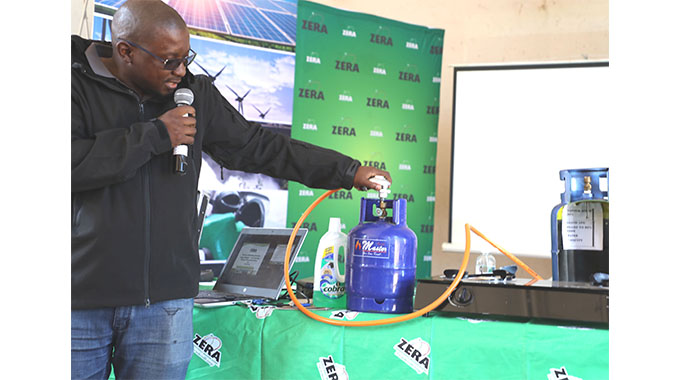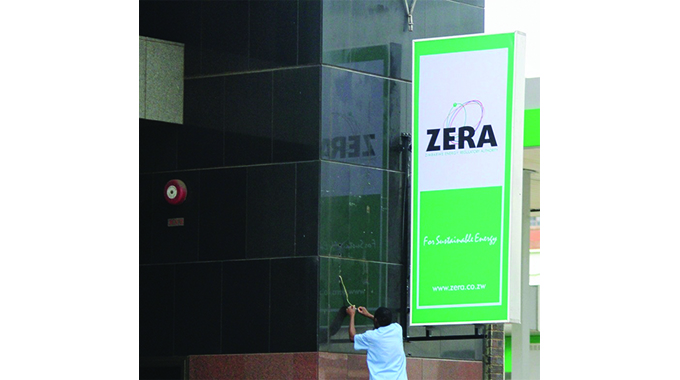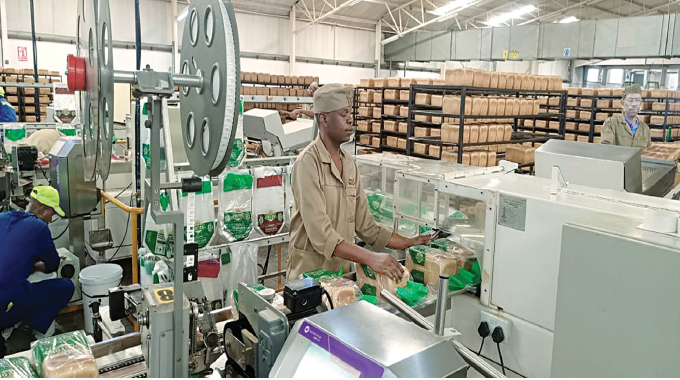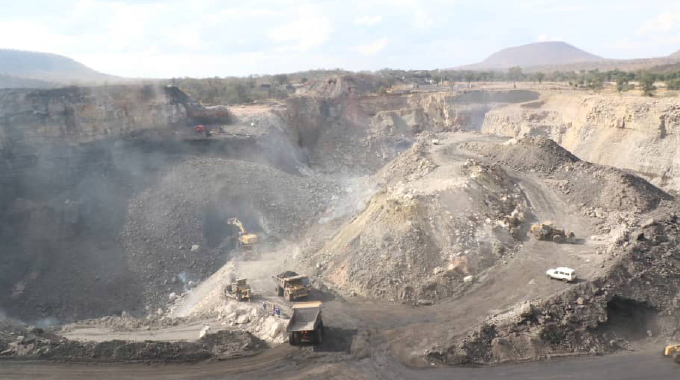Zera sets stringent conditions for IPPs applicants

Nqobile Bhebhe, Senior Business Reporter
THE ZIMBABWE Energy Regulatory Authority (Zera) is tightening application requirements for prospective independent power producers (IPPs) to guard against having potential investors with limited capacity from venturing into the sector.
Since 2010, the regulatory authority has licensed over 70 IPPs to establish electricity generation plants across the country, with estimated output of over 6 000MW combined.

ZERA public outreach programme at Pumula South
However, only a few small projects are operational and only producing little at a time the country is experiencing a serious electricity deficit.
In line with Vision 2030, the Government has mandated IPPs to contribute close to 40 percent of the targeted 11 500MW that the country needs in order to attain an upper middle-income economy status where electricity, among other services, should be readily available and accessible to all citizens.
In an interview with Business Chronicle yesterday, Zera chief executive officer, Mr Eddington Mazambani said several licensed IPPs are struggling to take off largely due to challenges in raising capital.
“Power generation is a capital-intensive venture, it requires a lot of money in foreign currency. Most of the projects we have assessed have problems in reaching financial closure.
“As the regulator working together with the Government there are several initiatives we have taken to ensure that financial closure can be reached,” he said.

Zimbabwe Energy Regulatory Authority
Mr Mazambani said there are standard measures that have been developed which include Government implementation agreements that will help IPPs to raise funds. When an IPP has been granted a licence, the Government will issue a guarantee to the project that should enable the project to be implemented, he said.
He said despite challenges faced by some IPPs, the regulatory authority will continue issuing licences to applicants who show commitment and potential to implement projects.
“We will continue licensing IPPs. We have now tightened the conditions. We used to say come to us with business proposals but we now want a bankable feasibility study.
“We used to require prospectus for environmental, social impact assessment and that’s a cheap document. We are now saying come with an environmental impact assessment certificate which shows commitment from the potential investors.

ZERA CEO Mr Eddington Mazambani
“This is to ensure that only serious investors apply.”
He said the organisation is also on the drive to promote consumer projects by large-scale electricity-consuming entities including local authorities.
The entities build their own power plants for internal use and excess energy is fed to the national grid.
“This is the thrust we are now encouraging to get more consumer initiatives as they have a huge success rate. The excess energy is fed to the national grid.
“It is a good move for local authorities to embark on power generation which may include solar plants.
“In the past city councils used to have their power points. Councils have high-energy user points such as water and sewer treatment plants. This would be a significant energy saver on the national grid.”











Comments